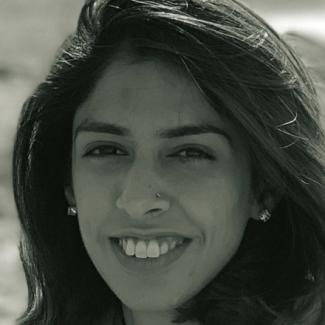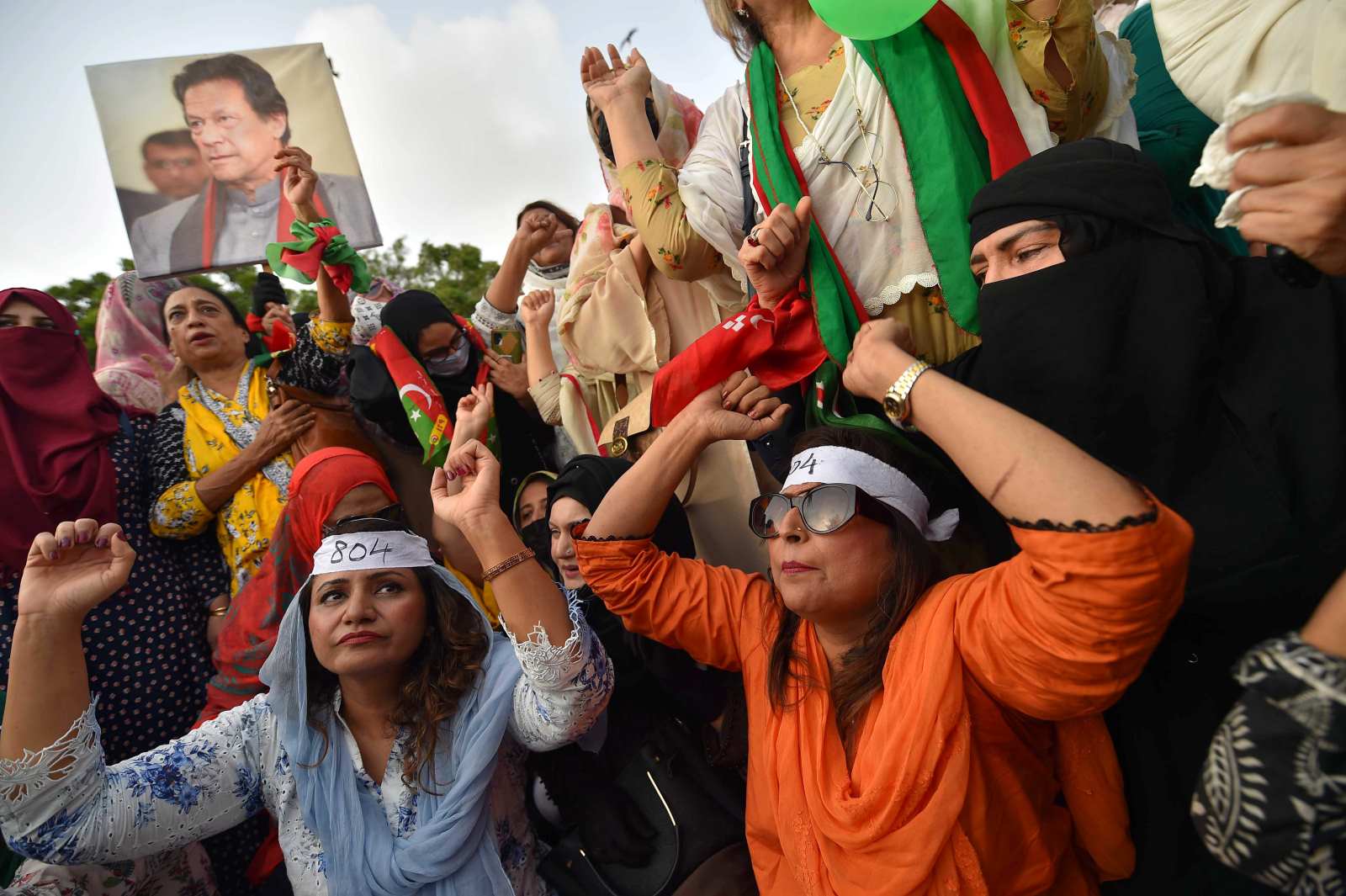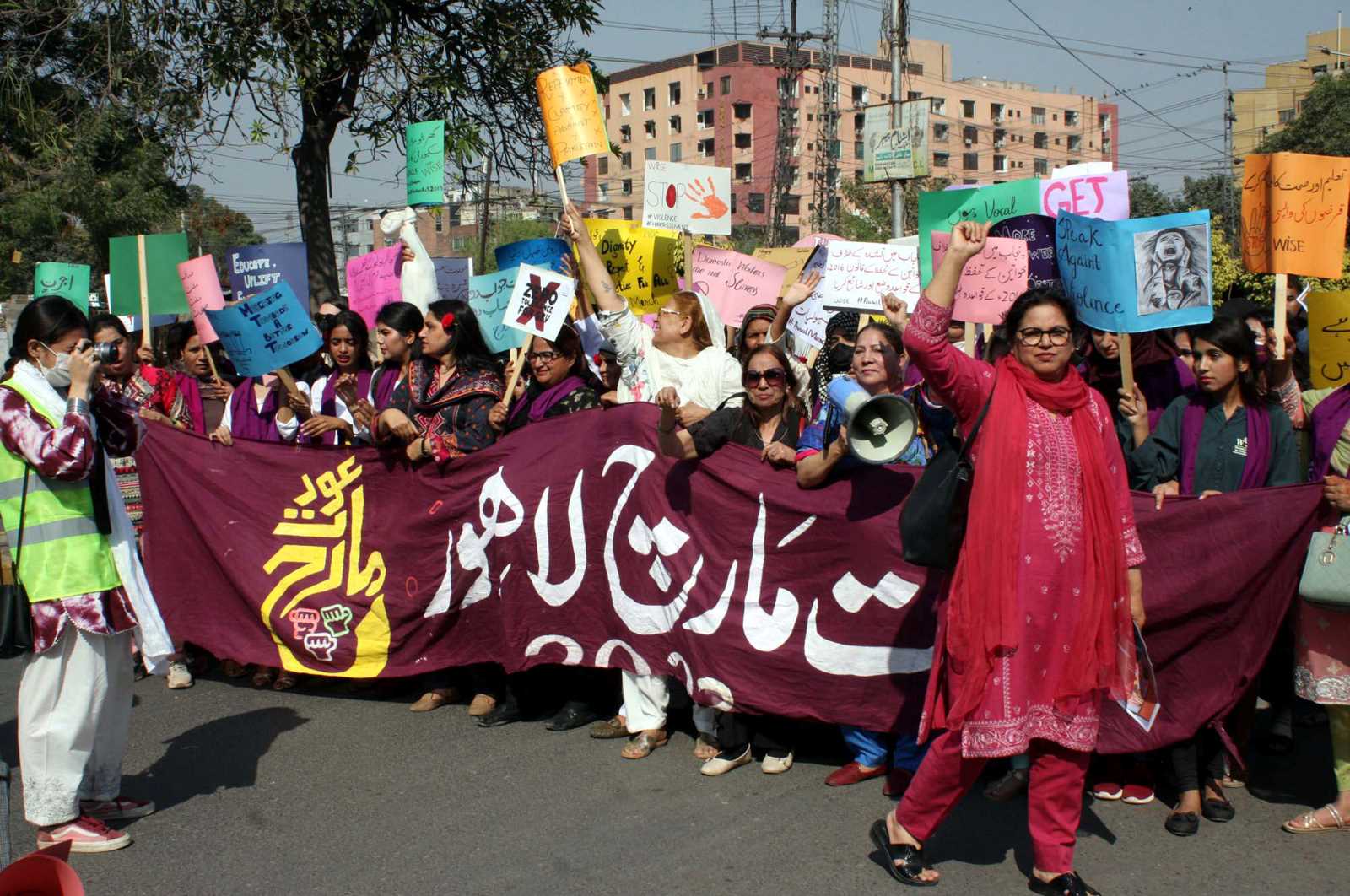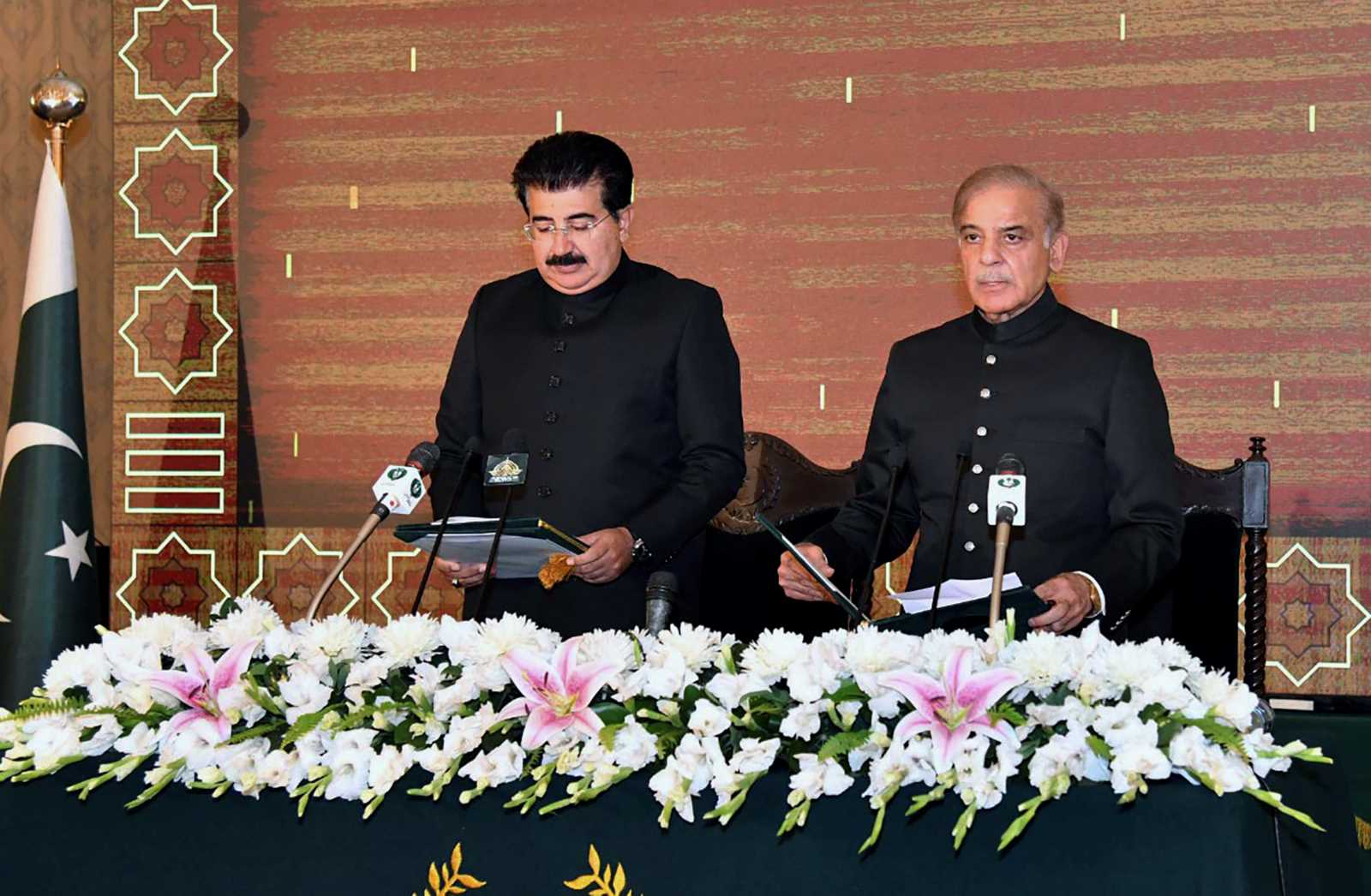Elections
Elections in Pakistan at a crucial moment
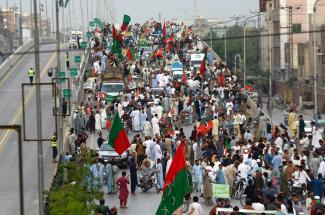
The Election Commission of Pakistan (ECP) recently declared that the national elections are set for 8 February 2024. Given the significant role elections play in fostering political stability, this decision is anticipated to bring an end to an extended period of uncertainty, despite the nation facing multiple overlapping crises.
The path to this decision was not entirely straightforward. The election dates were changed twice. The electoral commission justified the adjustments by stating that more preparation time was needed, including the reorganisation of the electoral districts to take into account the data from the last census. However, political analysts and activists have consistently warned about the potential threats to the country’s political stability due to ongoing delays in the electoral process.
Since the dissolution of the parliament on 9 August 2023, a caretaker government led by Premier Anwaar-ul-Haq Kakar has been in charge. Ideally, as the legislature nears the end of its five-year term, the constitution mandates the dissolution of the National and Provincial Assemblies and the appointment of a caretaker prime minister, provincial ministers and cabinets. However, the constitutional term of the caretaker government is a maximum of 90 days, but provinces like Punjab and Khyber Pakhtunkhwa have had such an interim government since January 2023, adding to the ongoing uncertainty. Many fear that an indefinite continuation of the caretaker governments is wanted by the military. Previous governments were heavily criticised for being a constitutional representation of the military establishment.
Political Evolution
Despite its difficult history, Pakistan has a multi-party political system in which there is no upper limit on the number of parties, provided they are registered with the Election Commission. The period from 2008 to 2018 witnessed the return of a parliamentary form of government with increasing provincial autonomy. During this period, Pakistan saw two smooth transitions of power through democratic elections – a first in the country’s 71-year history. It was also a time when significant progress was made in advancing rights-based legislation, with a focus on gender-specific initiatives. In addition, a sense of optimism was inspired in the population, fuelling the belief that Pakistan was taking small steps towards becoming a functioning democracy.
However, the 2018 general elections faced allegations of vote rigging and political interference, raising concerns about the military’s role. This election brought Imran Khan to power. Khan’s term became a “hybrid regime”, expanding the military’s influence beyond security and foreign policy to include the economy, media and disaster management.
Khan then fell out with the Pakistani military and was ousted from the office of prime minister in April 2022 following a vote of no confidence. Public discontent with his mismanagement of the economy also contributed to his dismissal.
None of Pakistan’s prime ministers have ever served a full five-year term, and only three of the 23 prime ministers, including Khan, have lasted four years. However, Khan’s ouster was unique in Pakistan’s history as he was the first prime minister to be removed through a constitutional process.
Shehbaz Sharif then took over for a year, leading a regime called Hybrid-2, marked by public outcry over legislation limiting fundamental rights and increased control by the spy agency, the Inter-Services Intelligence Agency. Shehbaz Sharif is the younger brother of former three-time Prime Minister Nawaz Sharif, who returned to Pakistan this year after a four-year self-imposed exile in order to return to power.
The ongoing economic crisis, one of the worst in Pakistan’s history, has seen soaring inflation, reaching the highest rate in South Asia with 36.4 % in April 2023. It is primarily driven by escalating food prices. Sharif’s government managed to avert a potential default but couldn’t significantly improve the economy.
In the meantime, Khan actively campaigned for early elections and remained popular. This popularity poses a challenge to the military as it could translate into a victory in the general elections. According to Khan’s Tehreek-e-Insaf party, the Sharif government dissolved parliament shortly before the end of the five-year term to avoid elections that could return Khan to office and installed a caretaker government that postponed elections. Around the same time, Khan was jailed on corruption charges and expelled from politics.
Security crisis
Amid political and economic crises, there has been a general decline in law and order. Acts of violence increased in 2023. According to the Pakistan Institute for Conflict and Security Studies, August 2023 saw a sharp rise in militant attacks, with 99 incidents, the highest since November 2014. Most of the violence is primarily related to the increased activities of the Tehreek-e-Taliban Pakistan (TTP), a banned group ideologically linked to the Afghan Taliban.
Authorities in Pakistan have attributed a considerable number of attacks, for example 14 out of this year’s 24 suicide bombings, to Afghan nationals, leading to a nationwide deportation operation targeting approximately 1.7 million undocumented Afghan refugees.
As the nation grapples with crises on several fronts, the upcoming 2024 elections emerge as a pivotal moment in Pakistan’s history to forge a path towards a stable political future.
Marva Khan is assistant professor of law at LUMS (Lahore University of Management Sciences) and co-founder of the Pakistani Feminist Judgments Project.
marva.khan@lums.edu.pk
